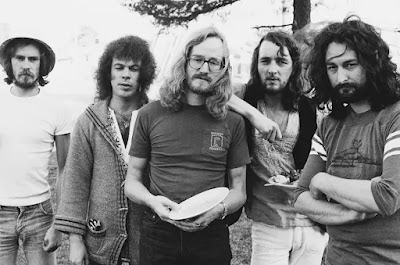Escrita por Benny Andersson e Bjorn Ulvaeus, foi gravada em 15 de março de 1979 e lançada no disco Voulez-vous, o sexto disco da banda. Sairia também em compacto, com Take a chance on me como Lado B, em 7 de dezembro de 1979. Foi produzida por Benny Andersson e Bjorn Ulvaeus. Anni-Frid Lyngstad fez os vocais principais. Foi número 2 no Reino Unido e Irlanda. Número 1 na Argentina, Áustria, Bélgica, Canadá, Holanda e Suíça. Número 3 na África do Sul e número 64 na Austrália. O coro final é feito pelas crianças da Stockholm International School.
A letra:
I
Have a Dream, a song to sing
To help me cope, with anything
If
you see the wonder, of a fairy tale
You can take the future, even
if you fail
I believe in angels
Something good
in everything I see
I believe in angels
When I know the time is
right for me
I'll cross the stream, I Have a Dream
I Have a Dream, a fantasy
To help me
through, reality
And my destination, makes it worth the
while
Pushin' through the darkness, still another mile
I believe in angels
Something good
in everything I see
I believe in angels
When I know the time is
right for me
I'll cross the stream, I Have a Dream
I'll cross
the stream, I Have a Dream
I Have a Dream, a song to sing
To
help me cope, with anything
If you see the wonder, of a fairy
tale
You can take the future, even if you fail
I believe in angels
Something good
in everything I see
I believe in angels
When I know the time is
right for me
I'll cross the stream, I Have a Dream
I'll cross
the stream, I Have a Dream
A versão do ABBA:
A versão de Reneé Dominique:
A versão de Clémentine Machado:


















